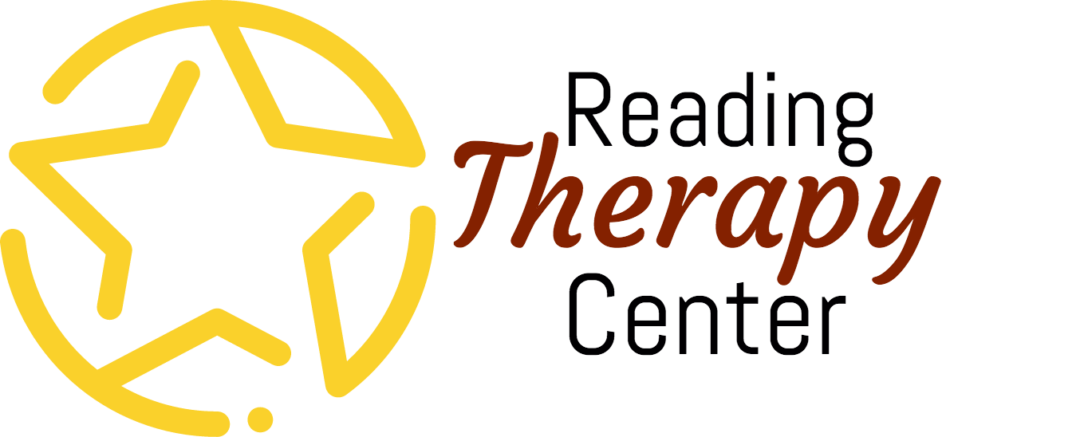
We teach kids how to
learn with confidence
We help our students overcome Dyslexia, mathematics, language comprehension and writing difficulties.
Dyslexia
Dyslexia affects 20% of the population, or 1 in 5 students. A child can have average or above average intelligence but still struggle to read. The primary reason for reading and spelling difficulties is weak phonological awareness. It represents 80 - 90% of all students with learning disabilities, and is the most common of all neuro-cognitive disorders.
Mathematics
While there is a social myth that it is okay to have poor math skills, the reality is that a math disability can be seriously handicapping in adult life. In today’s world, mathematical knowledge, thinking and problem solving ability are no less important than reading ability.
Writing
Being able to write well is a skill directly connected to one’s ability to comprehend and verbalize information. Since most information must be written in school, it is important for individuals to be able to articulate what they know in written form in an organized, descriptive way.
Comprehension
One of the biggest problems for children and adults with weak comprehension skills is that they do not visualize the information they read or hear. They may create images only for parts of what they’ve read or heard, making recall of the information very difficult. Because of this, it will be difficult for them to process and analyze the information, determine the main idea, make conclusions and predictions, recall details and form opinions of their own. They will have gaps of information and will likely also struggle with writing and verbal communication.
Language
Language deficits can further impact an individual’s ability to understand what they read or hear. Therapy sessions focused on increasing vocabulary, understanding of synonyms and antonyms, ability to categorize concepts, and grasping the meaning of idiomatic expressions boosts comprehension and deepens a person’s knowledge to be able to advance their performance in academics, work situations, and social settings.
The earlier a child begins to receive treatment the greater the gains.
When traditional approaches in the classroom and/or special education have not been enough, students are in need of more specialized, intensive treatment. The process begins with an evaluation at the Reading Therapy Center, from which we can determine if intensive therapy is needed.
Would you like to chat more about your loved one? We would be happy to discuss your questions and concerns. Contact us today.
What did we do wrong?
asked Layla’s Mom and Dad, after discovering their daughter struggled with reading. With the help of RTC, Layla has improved not only her reading skills, but her overall confidence level has skyrocketed. Watch the video.
Timing is everything.
Listen to Sue’s miraculous story and how Reading Therapy Center came to be through a ministry God placed in her heart.
“Changing children’s lives is what we do, what we love and what we are driven by.” ~Sue Meyer

What Makes Reading Therapy Center Different?
Some people believe if you struggle to read, you will never learn to read successfully. We believe children and adults can overcome reading difficulties with our therapy programs. Our intensive strategies focus on improvement, rather than coping with the struggle. We help our students learn with confidence and pursue their dreams.

